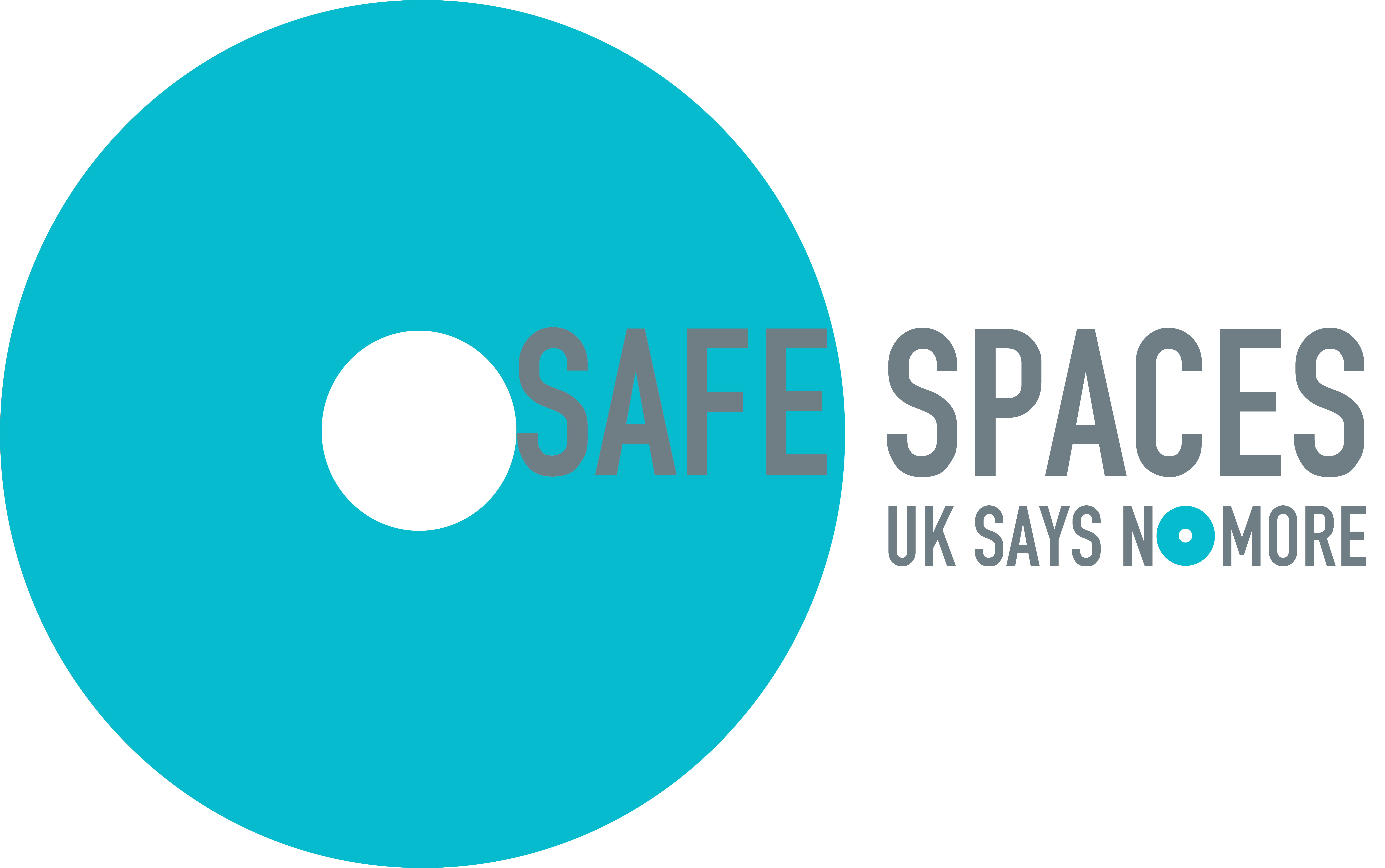BLOG: Time for tangible action to ensure diversity and tackle inequalities - By Helen Evans
11 June 2020

The racism, injustice and discrimination that still exists in our society will not change by itself. A message from the Black Lives Matters protests has been that it is not enough to simply not be racist, changing society requires us all to actively be anti-racist. To help to make change happen.
Helen Evans, Chief Executive of Network Homes and Chair of the G15
When I began working in social housing many years ago there was discrimination against women, against black and ethnic minority people, against LGBT people, against people with disabilities, people who looked different, had different beliefs. It was prevalent in the workplace and it was prevalent in communities and wider society. It was in the media, in sport and in politics and in organisations.
Looking back, it is hard to credit how extensive and pervasive it was. From mainstream television performers to football crowds to politicians, to police officers. Sometimes overt and direct, sometimes subtle and institutional but everywhere.
Back then I was a believer – I believed time and goodwill and good intentions would resolve this problem that was a relic of history. I thought that by now we would be living in a country and a world where all people were equally valued, fairly treated and able to make the best of their lives without being obstructed or impeded or oppressed by prejudice and discrimination.
It soon enough became clear this belief was unfounded. Things have changed for the better but not enough. Progress is made but then reversed. The overt is more covert but the transformation is incomplete. People are still suffering from discrimination, prejudice and structural disadvantage.
Good intentions and goodwill won’t change this, but it must be changed. When faced with a long term, entrenched and intractable problem it is hard to know where to start to tackle it. This is especially so if things that have been tried before having failed or made slow and limited progress.
Thinking about all this again from a Network Homes and G15 perspective we decided that we should come up with practical, tangible, time limited actions and targets that would help us make sure that we go further and faster than before. They won’t complete the transformation that must happen – but they will make a difference and when we have achieved them, we will move on from there. We have summed it all up in our ten-point plan which you can read here and the G15 pledges which are here.
Whilst the G15 and Network Homes have promoted diversity and equality for a number of years we take responsibility for not having done enough to disrupt the inertia of those wider and systemic societal issues. These plans with the practical, time limited actions and targets will help us to make sure that we go further and faster than before.
Our 10 Point Plan for Equality, Inclusion and Diversity
1. Monitor and report on equality, diversity and inclusion among staff
We will publish an annual diversity report on pay gaps relating to gender, disability, and ethnicity. This report will also cover differences in performance management and CAD ratings, promotions, sickness absence, redundancy, and disciplinary actions. We will use our findings to contribute to an annual collective G15 report on diversity.
We will also explore and expand our monitoring of equality and diversity in new areas, such as employee engagement. Regular staff surveys and feedback through the Information and Consultation Committee will be used to monitor how inclusive our people find Network.
2. Create a more diverse workforce through enhanced recruitment techniques
We will continue to implement the Rooney Rule: any women or BAME applicants to SMT, ELT or Board positions who meet the minimum criteria will be interviewed. Diverse interview panels are an important way to avoid bias in recruitment. We will aim for interview panels to include at least one woman and one BAME employee where possible. This may not always be feasible, for instance if there are no women or BAME employees in the relevant team of an appropriate level of seniority to join the interview panel. But our aspiration is to do this wherever we can, and especially when recruiting to the least diverse areas of the business.
We will seek to attract BAME talent into the housing sector through the Emerging Talent Programme, which we are sponsoring, working with Altair and Future of London as part of Leadership 2025. We will also seek to do this in our apprenticeship programme and will work with the Charityworks graduate scheme to ensure we employ a more diverse pool of graduates.
Working with the G15, we will develop a good practice document on recruitment and selection of BAME talent. We will also share opportunities for positions and secondments with other G15 members.
We will advertise job opportunities on local community websites as well as through recruiters.
3. Provide talent development and career progression programmes
We will continue with our HARTBeat talent development programmes focused on women’s development (the Aspire programme) and on development for BAME colleagues (the Springboard programme).
We will also take part in Accelerate, the G15-wide development programme for BAME middle management and leadership.
And we will encourage our senior BAME leaders to apply to the Leadership 2025 intensive leadership development programme.
4. Ensure internal policies facilitate equality, diversity and inclusion among staff
We will regularly review our policies to make sure our working arrangements are as open and inclusive as possible, including our policies on flexible working and absence management. This means reviewing every three years or sooner if circumstances require. We will also review the impact of all new policies on protected characteristics through Equality Impact Assessments.
We will develop new policies and procedures to promote equality, diversity, and inclusion. For instance, we are currently developing a procedure for managing gender transitioning at work.
5. Increase diversity at Board and senior leadership level
In order to better reflect the diversity of the communities we serve, we will aim to increase the proportion of women and people from BAME backgrounds on the Board and in senior leadership (defined as the top 10% of earners).
We will aim for 50% of Board positions be held by women, and 33% of Board positions to be held by people from BAME backgrounds, by 2025. These are also our long-term targets for senior leadership, however in this context they are more challenging. We will therefore set an interim target of 40% of senior leadership positions being held by women, and 30% of senior leadership positions being held by people from BAME backgrounds, by 2025, as a step towards achieving the same targets as for Board.
One reason why the senior leadership context is more challenging is that it is more difficult to plan for recruitment to this group than for recruitment to the Board. Board members serve terms with agreed end dates, whereas we cannot predict when recruitment opportunities for senior leadership roles will arise.
These are aspirational targets, but we are confident they can be met given the improvements to recruitment and career development outlined in this document and in the G15 recruitment good practice guide.
6. Raise awareness and provide training for staff
All new employees will continue to receive mandatory equality and diversity training. All managers and interviewers will also receive unconscious bias training, which we will aim to roll out more widely.
We will also continue to offer training on specific equality, diversity, and inclusion issues. Previous examples of this include training on domestic violence and on LGBTQ+ discrimination.
We will move towards a blended training format involving digital learning, making it easier for everyone to engage, and ensuring lessons are embedded across the organisation. We will also raise awareness of specific issues through our cultural engagement and wellbeing agenda. Previous examples of this include HARTs and Minds sessions on mental health, and menopause workshops.
7. Learn from residents and empower them to influence
We will encourage our Resident Panels and other engaged resident groups to hold us to account on equality, diversity, and inclusion. As part of the HouseProud Pledge, we will reach out to LGBTQ+ residents and work together to tackle discrimination.
8. Tackle equality issues facing residents
We will continue to facilitate home adaptations for residents with disabilities, and to make alternative communications methods available. Our new offices will be accessible, in line with building regulations.
We will make sure any instances of discrimination, harassment or hate-crime are swiftly and fully dealt with through our anti-social behaviour procedure. This includes supporting and ensuring the safety of complainants and witnesses. Lessons from these cases will be included in equality training.
We will use our regular phone surveys of residents to ask how we are doing in terms of equality and inclusion, so we can monitor the impact our actions are having.
9. Actively and visibly promote equality, diversity, and inclusion at all levels
In Winter 2020/21 we will host a major event celebrating the contribution of BAME professionals to the housing sector. And we will recognise the contributions of BAME colleagues annually through the G15 Diversity in Housing Awards, an awards ceremony specifically for BAME professionals and residents.
All G15 CEOs have signed a pledge on BAME diversity, committing them to promoting ethnic diversity through recruitment, investment in and celebration of their people’s achievements. The pledge also commits G15 CEOs to work with a BAME ‘reverse mentor’ to improve their understanding of the disadvantages facing BAME communities.
We will promote LGBTQ+ visibility by using the HouseProud Pledge image in corporate communications, wearing rainbow lanyards, and placing rainbow flags and stickers in offices and receptions.
We will also host events to raise awareness on key dates throughout the year, including but not limited to Black History Month, Pride, and International Women’s Day. We will encourage our people to form project groups and take ownership of these events, and to form groups focused on other equality strands, such as disability and religion.
10. Collaborate to influence
Our Executive Director of People and Technology will actively support the Leadership 2025 programme as part of its steering group.
We will participate in sector-wide network groups, including HouseProud, a network for LGBTQ+ social housing professionals, Unify, a network for BAME housing professionals, and the London Diversity Group, a network for anyone working on equality, diversity, and inclusion in social housing.

